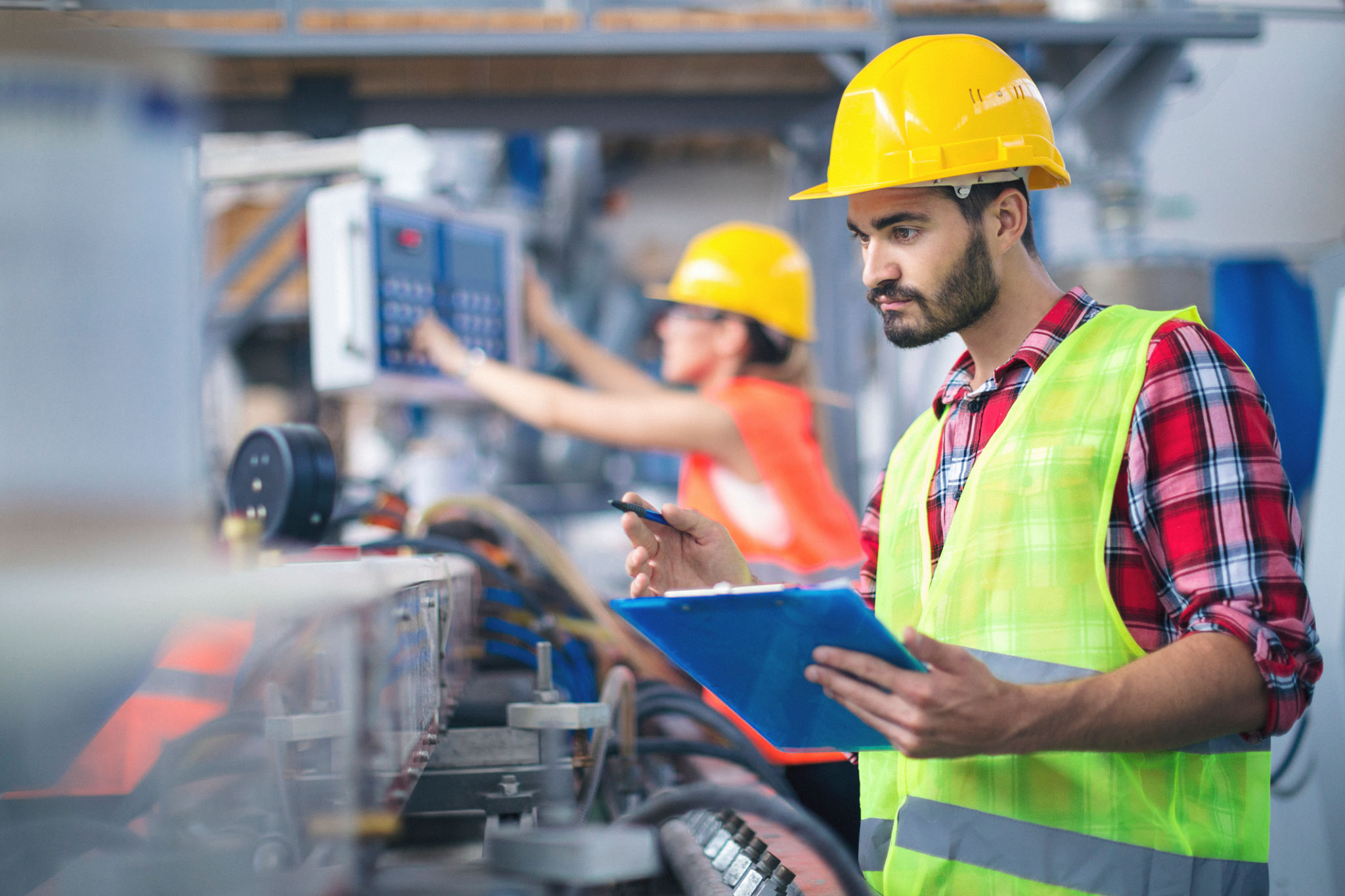Debunking Myths About Balcony Inspections: What You Really Need to Know
Understanding the Importance of Balcony Inspections
Balcony inspections are a critical component in ensuring the safety and longevity of your building's exterior. Despite their importance, many myths and misconceptions surround this process, leading to confusion and potential non-compliance with local regulations. It's crucial to separate fact from fiction to better understand why these inspections are necessary.

Myth: Balcony Inspections Are Only Required for Older Buildings
A common myth is that only older buildings require balcony inspections. While it's true that older structures may have more significant wear and tear, newer buildings are not exempt from potential issues. Construction materials, weather conditions, and initial construction quality can all affect a balcony's integrity, regardless of the building's age. Regular inspections can identify problems early, preventing costly repairs or safety hazards.
Myth: They Are Only About Aesthetics
Another misconception is that balcony inspections focus solely on aesthetics. In reality, these inspections are primarily concerned with structural integrity and safety. Inspectors look for signs of deterioration such as cracks, rust, or water damage that could compromise the balcony's stability. Aesthetic issues are secondary and typically addressed as part of routine maintenance rather than safety inspections.

The Actual Inspection Process
Understanding the inspection process can help dispel myths about its complexity and purpose. A qualified inspector will typically follow a thorough procedure to assess various components of the balcony:
- Check for structural soundness, including the condition of support beams and connections.
- Inspect for water damage, which can lead to serious structural issues over time.
- Assess railings and barriers for stability and proper installation.
This comprehensive approach ensures that all potential risks are identified and addressed promptly.
Myth: Inspections Are Unaffordable
Cost is often cited as a reason to avoid balcony inspections, but this is a short-sighted view. The cost of an inspection is minimal compared to the expenses associated with significant repairs or liability issues arising from accidents. Regular inspections can actually save money in the long run by catching problems early, before they escalate into more costly repairs.

Regulatory Compliance and Peace of Mind
In many areas, balcony inspections are not just advisable—they're required by law. Compliance with these regulations is essential to avoid fines and other legal consequences. Beyond compliance, regular inspections provide peace of mind, knowing that your property is safe for occupants and visitors alike.
Conclusion: A Proactive Approach
Debunking these myths highlights the importance of adopting a proactive approach to balcony inspections. By understanding the true purpose and benefits of these assessments, property owners can prioritize safety, compliance, and maintenance effectively.
Remember, regular balcony inspections are an investment in your property's safety and longevity. Don't let myths deter you from taking this essential step towards securing your building's future.